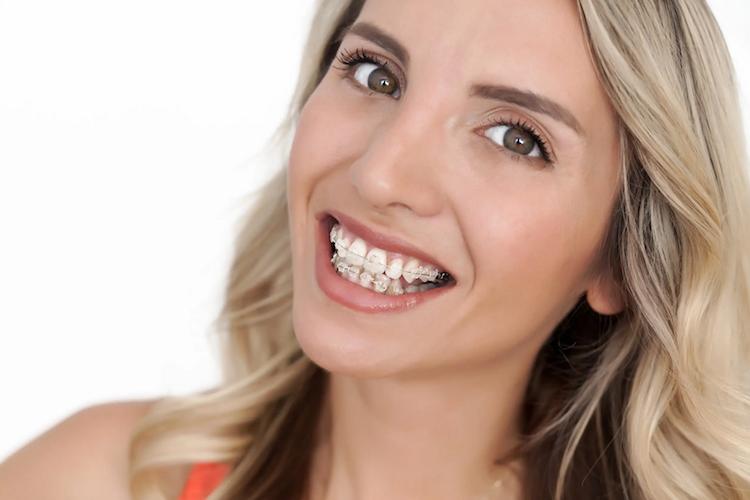
Throughout your life, you will experience your teeth shifting. As much as we believe our teeth are set in place, they continue to move daily.
There are multiple reasons your teeth can shift. These can include wearing braces, pulling teeth, growth in the jaw, grinding of your teeth, and even gum disease. For the most part, it is not very noticeable or even problematic, but you may need intervention at some stage.
Ultimately, you need to check the movement of your teeth to ensure it does not create issues later in life.
What Are The Causes of Your Teeth Shifting?
The most common is wearing braces. We usually wear braces to straighten our teeth. The constant pressure to get them into place even with newer options like Invisalign or retainers can help correct your teeth; they can start to move back over time. Often, once you remove your braces or stop wearing your retainers, the teeth can start to move again.
It is critical to get regular check-ups to ensure your expensive orthodontic work is not reversing itself. Early detection of your teeth shifting means you can intervene before too much damage is done.
If you have to have a tooth or teeth removed for any reason, it can also cause your teeth to shift. When you remove a tooth because of overcrowding, crooked teeth, an abscess or infection, gum disease, or physical trauma like a fall, the rest of your teeth can shift around.
Your body wants to fill in the gaps, so speak to your dentist about interventions before this happens.
When you are stressed, clenching your jaw and grinding your teeth can cause a wide range of issues. Grinding, especially while you sleep, is very common. As you sleep, you are unaware of what you are doing, so you seldom stop yourself. If you are a daytime jaw clencher, you can be more aware of what you are doing.
As we move through infancy through to young adulthood, the upper and lower jaw grow and change shape. Through the teen years, the mandible, or lower jaw, grows faster, often causing teeth to move and ultimately causing a misalignment of the teeth.
Gingivitis, inflamed or bleeding gums can also cause tooth shifting via secondary bone loss. Gum disease can cause teeth to become loose and fall out.
What You Can Do To Prevent Further Damage
The basics of oral hygiene like brushing twice daily, flossing at least once a day, avoiding smoking, and eating a well-balanced diet.
The core treatments are in the form of removal or permanent retainers. Removable retainers are worn after braces are removed and for at least 12 hours of the day. The benefits are that you wear them at night, so they can also help prevent grinding and further damage to your teeth.
Permanent retainers are bonded to the inside of your teeth. These wires are effective in stopping your teeth from moving.
A mouthguard is another option to wear at night and prevent grinding. They can be bulky if not correctly fitted.
Regardless of the option you choose, you need to ensure you make and keep your regular dental check-ups to catch any teeth shifting that may occur.
If you are unsure about what you need, contact our Boca Raton Dental Office at 561-391-6661 or reach out through our contact page. Dr. Platis can assess your teeth and make recommendations based on your requirements.





Recent Comments